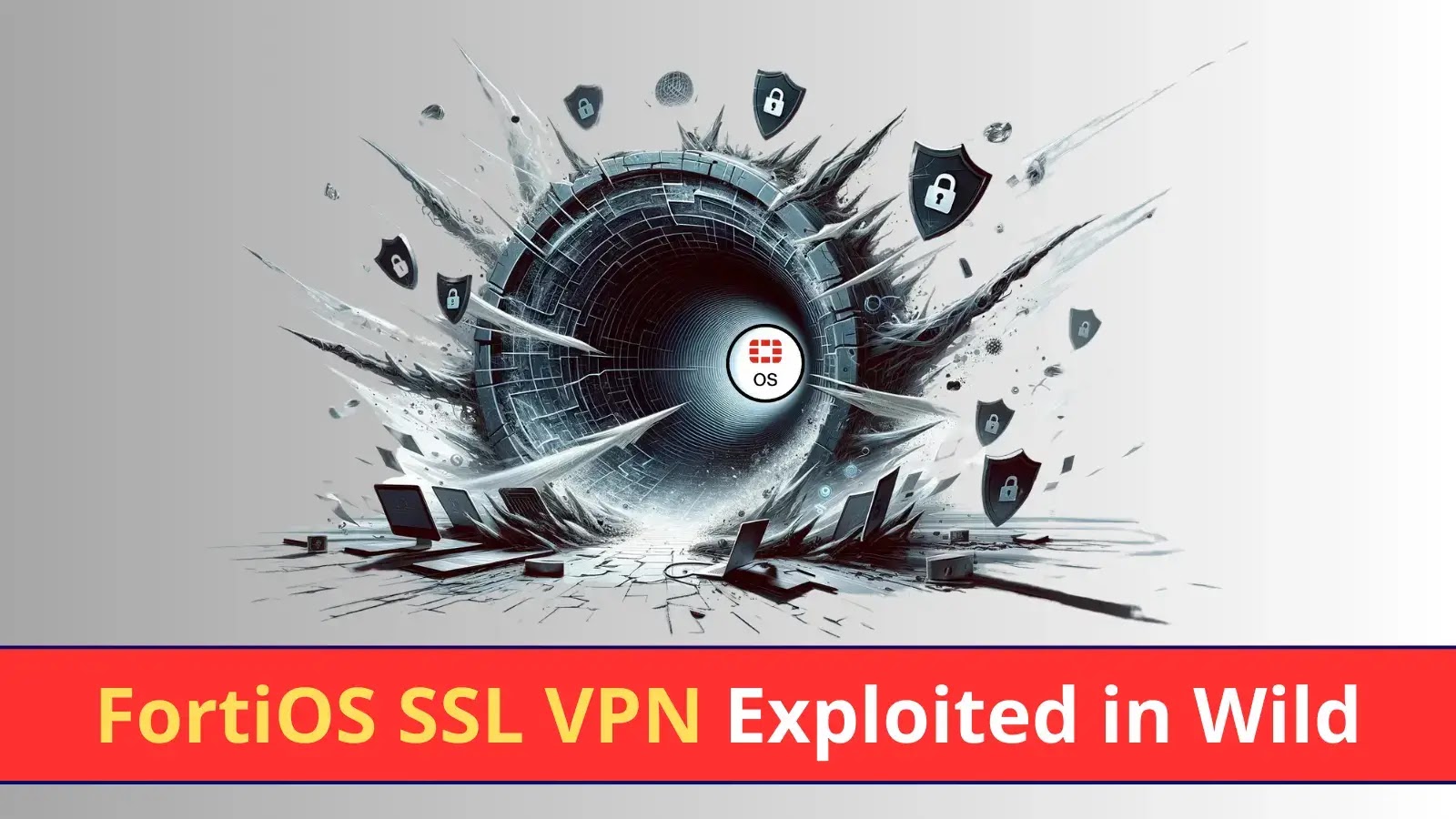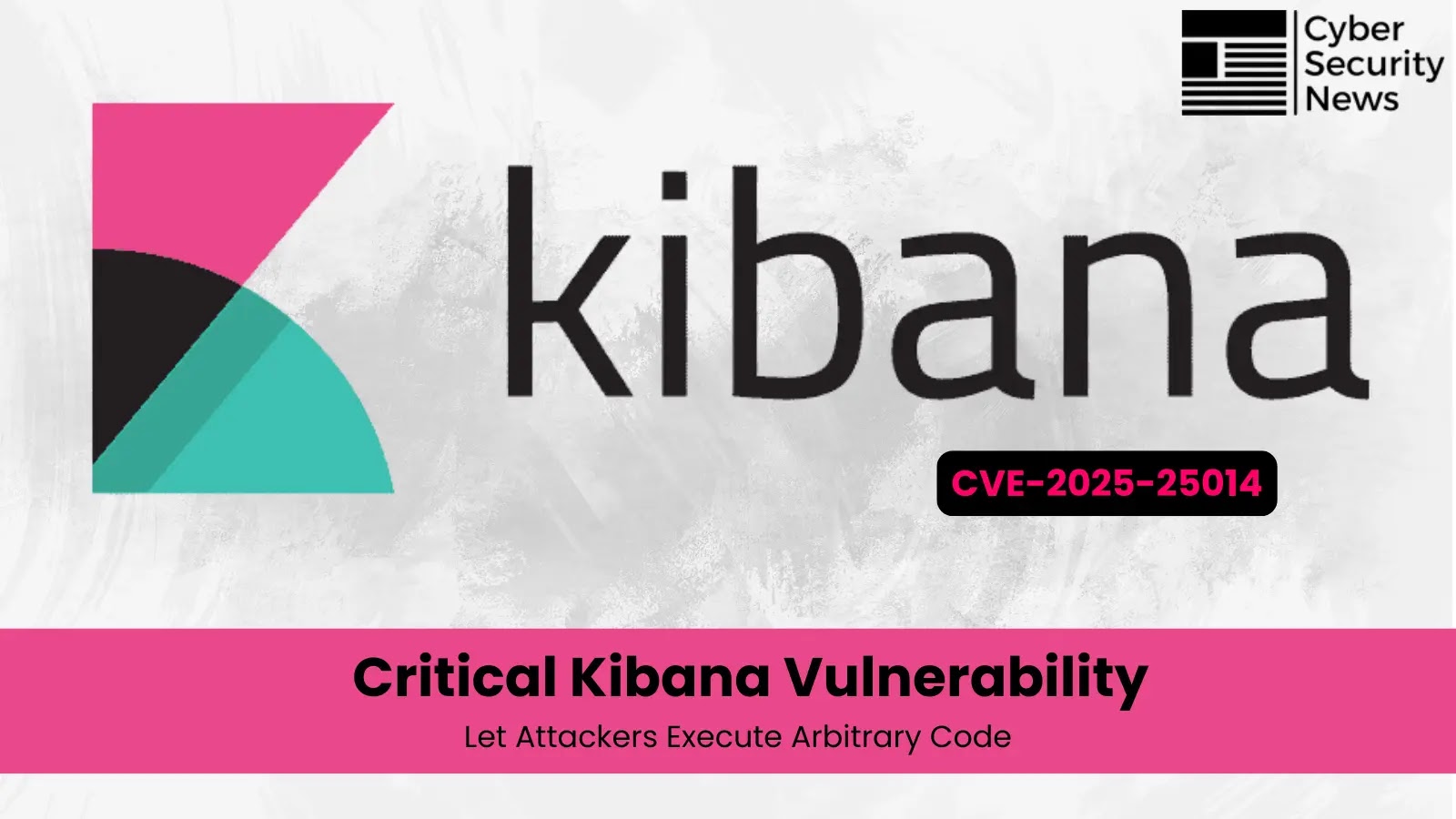Fortinet Issues Critical Warning About FortiOS Vulnerability
Fortinet, a leading cybersecurity company, has issued a warning regarding a critical vulnerability in its FortiOS system. The vulnerability, identified as CVE-2024-21762 with a CVSSv3 Score of 9.6, can allow remote attackers to execute arbitrary code, posing a significant security threat.
The vulnerability can be exploited through a specific type of HTTP request, enabling attackers to execute code or commands using custom-crafted requests. To address this security vulnerability affecting SSL VPN web portals, Fortinet has recommended disabling SSL VPNs as a temporary workaround. However, it is important to note that simply disabling web mode alone will not suffice as a valid workaround.
It is crucial for FortiOS users to take immediate action to protect their networks from potential data breaches. The affected versions and their corresponding solutions are as follows:
– FortiOS 7.6: Not affected, no action required.
– FortiOS 7.4.0 through 7.4.2: Upgrade to 7.4.3 or above.
– FortiOS 7.2.0 through 7.2.6: Upgrade to 7.2.7 or above.
– FortiOS 7.0.0 through 7.0.13: Upgrade to 7.0.14 or above.
– FortiOS 6.4.0 through 6.4.14: Upgrade to 6.4.15 or above.
– FortiOS 6.2.0 through 6.2.15: Upgrade to 6.2.16 or above.
– FortiOS 6.0: Migrate to a fixed release.
Fortinet has also alerted users that hackers are actively exploiting this vulnerability. It is not just a theoretical concern but a real-world threat. Additionally, FortiSIEM has recently addressed other OS command injection vulnerabilities, namely CVE-2024-23108 and CVE-2024-23109, leading to an advisory release.
In a separate incident, Chinese state-sponsored hackers have recently exploited a zero-day vulnerability (CVE-2022-42475) in Fortinet’s virtual private network, gaining unauthorized access to Dutch defense networks. This highlights the importance of staying updated on cybersecurity news and taking necessary precautions to safeguard networks.
To stay informed on the latest cybersecurity developments, Fortinet encourages users to follow them on LinkedIn and Twitter.



